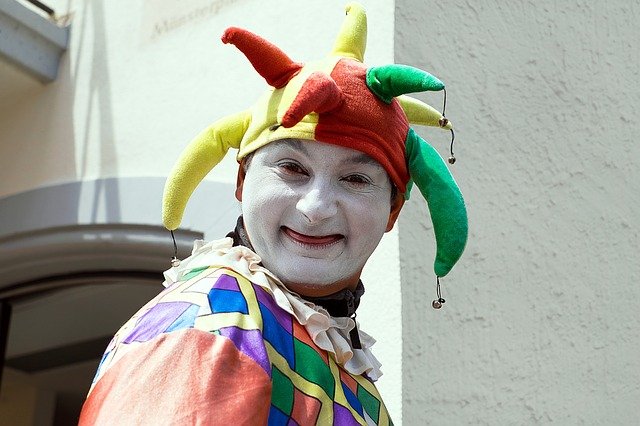
Grace is the agility or dexterity in performing an action.
The word donāre , which can be translated as “to give” , came into Low Latin as donarium . This is the closest etymological antecedent of donaire , a term that refers to grace or moderation in what is expressed .
As a synonym for agility
The concept also refers to the agility , dexterity or grace with which a movement is executed or an action is performed.
This ease or gallantry with which the masculine noun donaire is associated can be seen in different activities that we humans do, such as dancing, jumping or simply walking . It is a trait that comes with us, an innate characteristic, and not a skill that we can acquire with practice, although we can improve in this aspect with great effort.
As is often the case with other terms that initially refer to material or physical issues, it is also possible to use grace to talk about mental agility, skill in the use of language or other situations in which there is no bodily movement but it is appreciated in communication .
Let's look at some example sentences with both meanings: “With grace, the young man caught the implements before they fell to the ground” , “The horsemen advanced with grace along the main street of the town, receiving applause from the neighbors” , “I like this writer because he knows how to use irony with grace” .
The funny character
The figure of the graceful one or the graceful one , on the other hand, refers to an archetypal character of the classical theatre of Spain . Popular in Baroque times, the graceful one was part of the servants or the commoners and was noted for his loyalty and fidelity.
The wit always follows his lord, whom he never betrays or questions, but keeps all his secrets. He often uses his wit to help the nobleman . Below we will see some of his other usual characteristics:
* is of humble origin and his work is always subordinate to someone of higher status;
* It is comical or even buffoonish, since it must make the audience laugh with jokes and situations that are easy to understand;
* is mischievous and, as mentioned above, resourceful;
* does not aspire to climb the social ladder, but rather enjoys life as it is;
* loves food and alcohol. Feels hungry and thirsty very often;
* while his master is brave and perhaps reckless, his wit is cowardly and superstitious;
* His materialism is seen in his love for money and material goods, a trait opposite to his master's idealism.

The figure of wit in Spanish theatre is as funny as it is loyal.
The surname Donaire
Donaire , finally, is a common surname in some Spanish-speaking countries . A famous personality with this name is the Filipino boxer Nonito Donaire , who was a world champion in five different categories and won seven world titles throughout his career.
Donaire was born on November 16, 1982 and, in addition to his achievements already mentioned, he held the title of World Boxing Association Super Champion in the featherweight division, meaning his weight was between 55.338 and 57.152 kilograms. His style is notable for being ambidextrous.
In his first forty fights as a professional, Donaire achieved 35 victories and suffered 5 defeats. The Armenian-Australian Vic Darchinyan , the Argentine Omar Narváez and the Mexican Fernando Montiel were some of his rivals .
It should be noted that his boxing training took place in the same center where the also Filipino Manny "Pac-Man" Pacquiao had practiced, who in addition to boxing dedicated himself to acting, singing and politics. Both Donaire's father, who had served in the armed forces , and one of his brothers, Glenn, dabbled in boxing.
